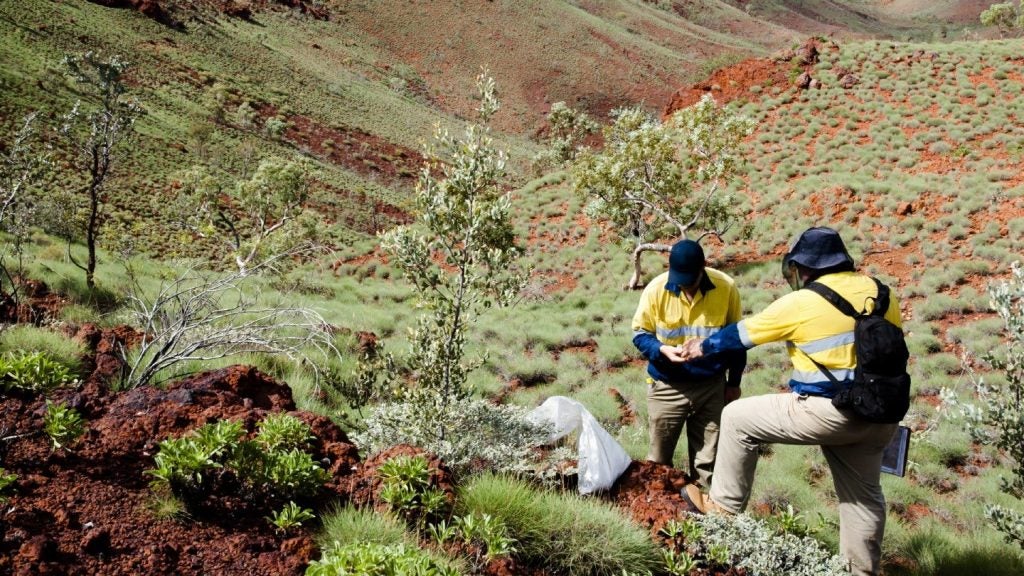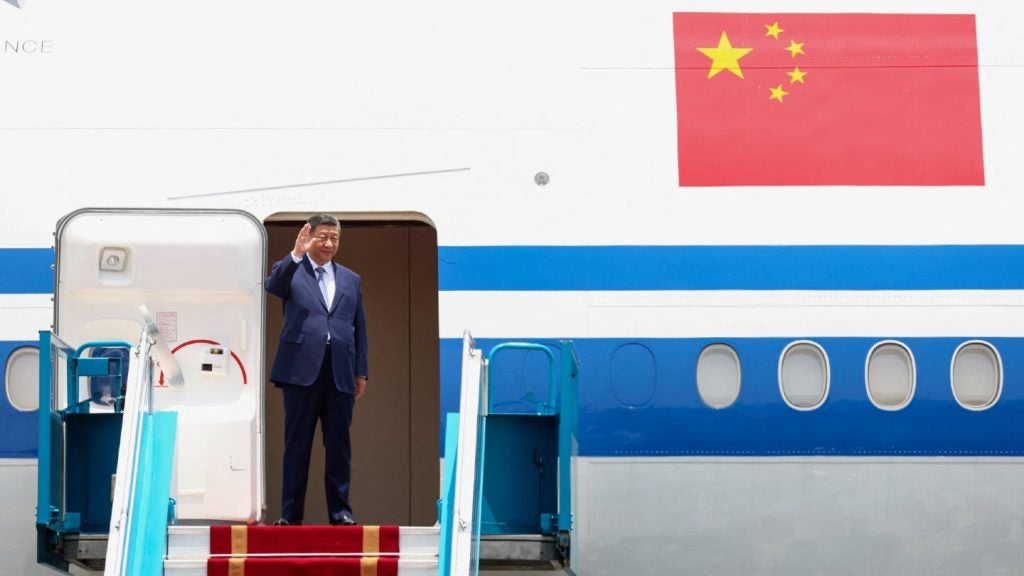The effectiveness of carbon offsets, credits used to compensate for CO2 emissions, has been severely limited by a lack of data availability, verifiability and transparency. These shortcomings undercut their purpose to make a positive impact on the environment.
Alan Ransil, founder of Filecoin Green, was at the COP27 climate summit in Sharm El Sheikh, Egypt, to promote a solution – an initiative that focuses on the intersection of carbon offsets, cryptocurrency and web3 technology. It is a project by Protocol Labs, an open-source R&D lab, to decarbonise the Filecoin network, with the ultimate goal of using web3 technology to solve the complex challenges in carbon offset data storage and environmental verification.
“[It is about] using web3, so cryptocurrency, but the broader data systems that we use to power cryptocurrency user data, to build the global carbon ledger,” he says. “So we have great tools right now that people are used to using for working with private data – email, company records, personal records. We don’t have great tools for working with the sort of public data that we need not to only decarbonise the globe but also prove that we have decarbonised the globe.
“Data is really central to all of the decision-making that we have to do to draw down emissions as rapidly as we possibly can,” Ransil explains. His goal is to set a new standard in public verifiability of climate-related data – and he is looking for clarity on the level of public verifiability stakeholders want to see in emissions claims, plus policies that underpin this. Web3 technology could help provide accurate, timely data for supply chain (scope 3) emissions that may feed into carbon offsets.
Beyond web3 for carbon offsets at COP27:
Reporter Nour Ghantous and senior writer Dave Keating reported from COP27 in Sharm El Sheikh, Egypt, on behalf of Energy Monitor and our parent company, GlobalData. They provided the data-led analysis you have come to expect from Energy Monitor but also something new: video interviews with business leaders, policymakers and campaigners. We encourage you to browse our coverage of the conference. You can also sign up for our free biweekly newsletter here.
COP27 coverage includes:
Adaptation lessons from Israel’s Negev Desert: A source of climate hope, by Nick Ferris (22 November)
Opinion: COP27 concludes with loss and damage fund but no increased mitigation ambition, by Dave Keating (21 November)
COP27: At summit’s end, NGOs welcome loss and damage agreement but decry no increased mitigation, by Dave Keating (21 November)
COP27: “We need stable supply chains for the development of renewables”, by Dave Keating (18 November)
COP27: Should the energy crisis make the world re-evaluate the feasibility of a coal phase-out?, by Dave Keating (18 November)
Opinion: EU’s new 57% target is more about communication than increased ambition, by Dave Keating (18 November)
COP27: Indigenous leader warns against leaving out ancestral knowledge, by Nour Ghantous (18 November)
COP27: “Key decision-makers are presenting decarbonisation as something expensive and difficult”, by Dave Keating (17 November)
Too few rules on fossil fuels? The limitations of Mark Carney’s GFANZ alliance, by Polly Bindman (17 November)
Carbon markets at COP27: What’s holding up negotiations on Article 6?, by Nour Ghantous (17 November)
COP27: The underdogs did most of the work in week one. Now what?, by Nour Ghantous (16 November)
What do companies need from COP27?, by Dave Keating (16 November)
COP 27: Warsaw’s mayor has come with a very different message than the Polish government, by Dave Keating (16 November)
The interwoven fortunes of carbon markets and indigenous communities, by Oliver Gordon (16 November)
COP27: Deep geothermal “superhot rock energy” could be key to climate action, by Dave Keating (16 November)
COP27: “Energy efficiency should not be neglected” – Danfoss, by Nour Ghantous (15 November)
One year on, is coal being consigned to history?, by Dave Keating (15 November)
COP27: Cities are essential in the climate fight, says former Lord Mayor of Dublin, by Dave Keating (14 November)
Opinion: Why climate action will fail without more women at the table, by Philippa Nuttall (14 November)
COP27: “Green hydrogen is one of the bright spots of this COP” – Jonas Moberg, CEO of GH2, by Nour Ghantous (14 November)
COP27: Ukraine energy company DTEK maintains net-zero goal, by Nour Ghantous (14 November)
Opinion: COP27 comes after a year of unfulfilled COP26 promises, by Nick Ferris (11 November)
COP27: Data science can strengthen climate action, by Nour Ghantous (11 November)
COP27: Alpine Group proffers recycled textiles to combat climate, by Nour Ghantous (10 November)
Why the financial odds are stacked against developing countries, by Isabeau van Halm and Polly Bindman (9 November)
COP27: International Labour Organization wants to see a just transition “actually implemented”, by Nour Ghantous (9 November)
COP27 take note: Climate tech funding has soared in 2022, by Eric Johansson (9 November)
COP27: How countries compare on carbon emissions and pledges, by Nick Ferris (7 November)
COP27: Mattie Yeta, CGI’s chief sustainability officer, on the first-ever ‘metaverse COP’, by Nour Ghantous (7 November)
Which countries are already at net zero?, by Nick Ferris (25 October)
COP27: Manage your expectations, by Nour Ghantous (21 September)







